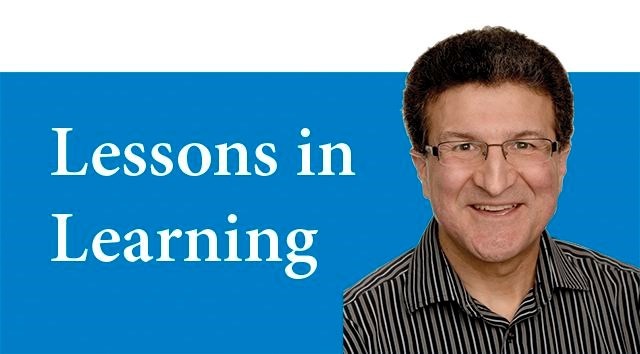There are many dark pages in the history of the 20th century, and two men responsible for tens of millions of deaths were Adolf Hitler and Joseph Stalin. Caught between the regimes of these cruel dictators was the Poland where Karol Wojtyla came of age.
The leaders of both Nazism and Communism tried to convince people that they were part of a great cause. The problem was that neither respected the individual dignity of the human person. Wojtyla's perspective was completely different, he believed that while we can all work together for a common cause, each of us is not only significant, we are sacred beings and we are loved.
After Stalinist Russia took control of Poland and much of Europe after World War II, Wojtyla studied and then taught the philosophy which ultimately led to the downfall of communism. The Catholic Church in Poland became the greatest opposing voice to the State, and Wojtyla, seen as one open to dialogue, rose through the ranks of this institution.
In 1978, Wojtila was named Pope John Paul II. Few outside of Poland knew who he was or what he had already accomplished, but he immediately began using his influence as a global leader to bring down the Iron Curtain.
His message was quite simple. He said, "Be not afraid." He told people that they are loved and sacred. He told them to embrace their dignity as human beings, and to stand together for justice and freedom.
It did not take long for workers to organize in his native Poland. The Solidarity movement became a powerful force. The government first tried to crush this movement through violence, arrests and intimidation, but with the world now watching, their efforts only served to strengthen the resolve of the people. Wojtyla embraced his identity not only as a Pole, but as an Eastern European, and the ideal of freedom spread. By the end of the 1980s, the Iron Curtain had collapsed and the world was changed forever.
It is interesting to study the thoughts of Wojtyla, to see what inspired and motivated the person who led the revolution against a cruel dictatorship without even speaking of violence.
As with all people who accomplish great things, Wojtyla knew that he had a mission. This was expressed in a discussion with a friend while recovering from an assassination attempt in 1981, "There is nothing more beautiful than to be a tool in the hands of God."
In 1983 the Pope actually visited the jail cell of the man who tried to kill him, and forgave him. There were other attempts on his life, but he continued to move forward without fear. Millions of people took inspiration from him, especially in Eastern Europe, and did the same.
While no leader and no institution is perfect, it is clear that John Paul II was the right leader for his time. No one but an Eastern European given a position of global leadership could have led a movement to overthrow the powerful communist regime.
It is significant to note the similarities between the peaceful movements which overcame oppressive governments in the 20th century and brought about lasting change. Gandhi, King and Mandela all had clear visions, and messages of personal empowerment, forgiveness, courage, acceptance and love.
There truly is no force on earth more powerful than a movement which embraces these truths. It may take time, but triumph is inevitable.
Looking at the problems facing the world today, it is important see beyond the issues and apply what has worked in the past. As we move into the future, the words of John Paul II ring clearly, "Be not afraid."



